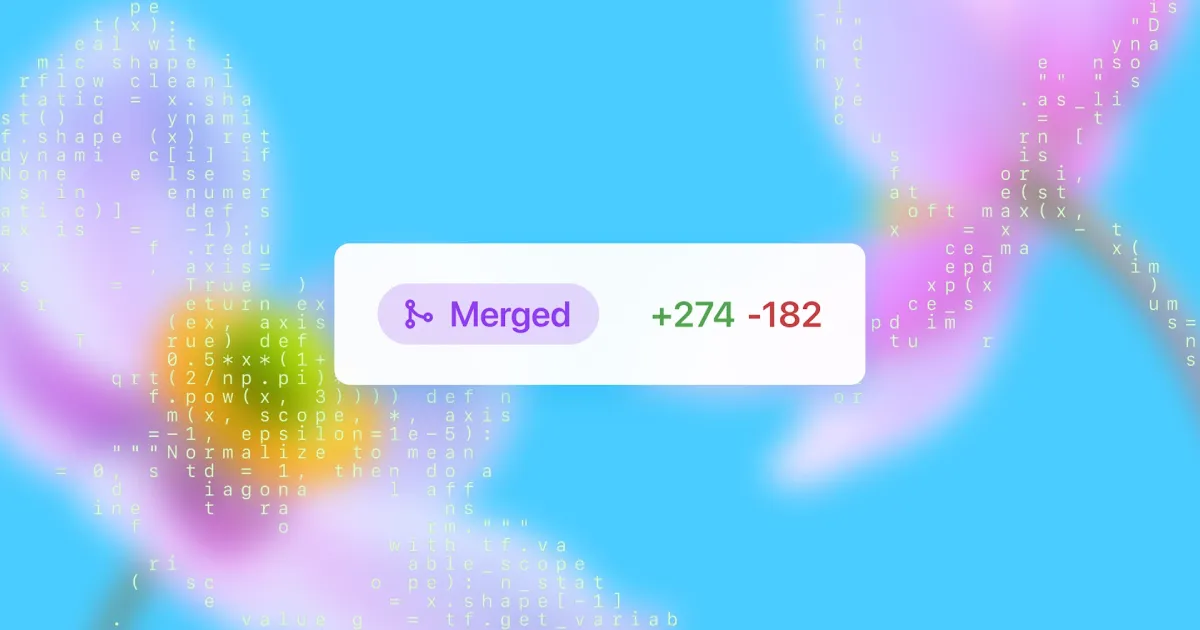OpenAI upgrades Codex with GPT-5-Codex

OpenAI announced Monday that it is rolling out GPT-5-Codex, a new version of its AI coding agent. The model introduces a more dynamic approach to “thinking time,” allowing it to spend anywhere from just a few seconds to as long as seven hours on a coding task. According to the company, this adaptive reasoning makes GPT-5-Codex significantly stronger on agentic coding benchmarks compared to earlier models.
The new system is now available in Codex products — which can be accessed via terminals, IDEs, GitHub, and ChatGPT — for all ChatGPT Plus, Pro, Business, Edu, and Enterprise users. OpenAI says API customers will gain access at a later date.
A Competitive AI Coding Market
The update arrives as OpenAI seeks to strengthen Codex’s position against a growing list of competitors, including Claude Code, Anysphere’s Cursor, and GitHub Copilot. Demand for AI coding assistants has surged over the past year, fueling both financial growth and industry turbulence. Cursor, for example, surpassed $500 million in annual recurring revenue (ARR) in early 2025, while Windsurf, another AI-powered code editor, became the focus of a high-profile acquisition battle that split its team between Google and Cognition.
Benchmark Gains and New Capabilities
OpenAI reports that GPT-5-Codex surpasses GPT-5 on SWE-bench Verified, a benchmark for testing agentic coding skills, and also shows strong results on large-scale code refactoring tasks.
The model was also trained to perform code reviews, and OpenAI asked experienced engineers to assess its output. Their feedback suggests that GPT-5-Codex produces fewer incorrect comments and provides more high-impact suggestions, raising its value as a collaborative tool for development teams.
How Dynamic Thinking Works
Much of GPT-5-Codex’s progress comes from what OpenAI calls its dynamic “thinking abilities.” In ChatGPT, GPT-5 already uses a router to determine which model to apply based on task complexity. By contrast, GPT-5-Codex eliminates the router altogether, instead adjusting its reasoning time in real time.
Alexander Embiricos, OpenAI’s Codex product lead, explained that while a router commits to a fixed amount of time and compute at the start of a task, GPT-5-Codex can adapt midstream. “It might decide five minutes in that it needs to spend another hour,” he said, adding that the model has occasionally worked for seven hours straight on particularly difficult problems.
Looking Ahead
With GPT-5-Codex, OpenAI is positioning Codex not only as a faster and more reliable code generator, but also as a more collaborative partner for developers. As AI-powered coding tools continue to evolve — and competition intensifies — the company is betting that dynamic reasoning and stronger review capabilities will help Codex stand out in an increasingly crowded field.





